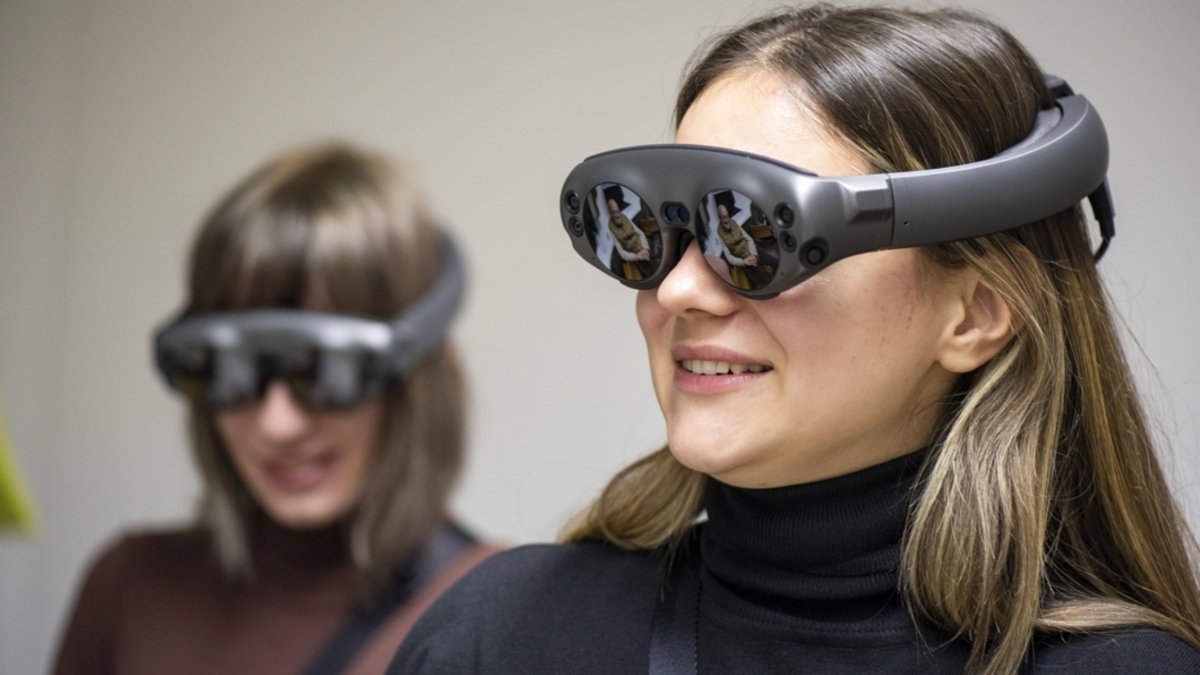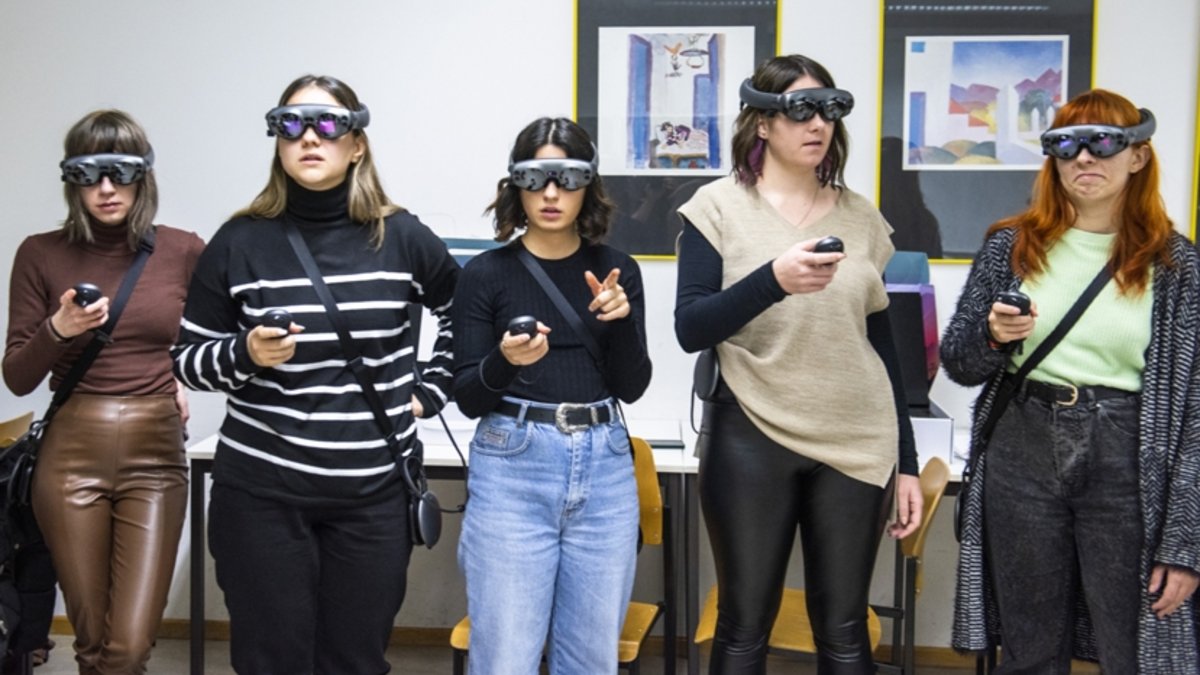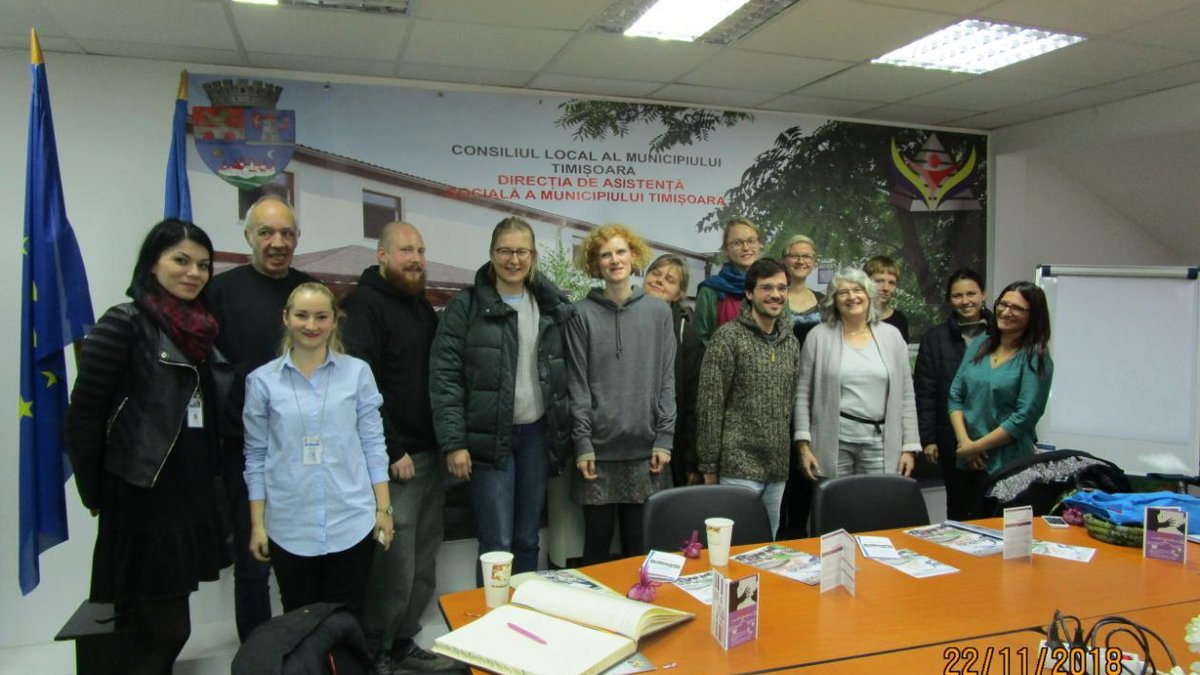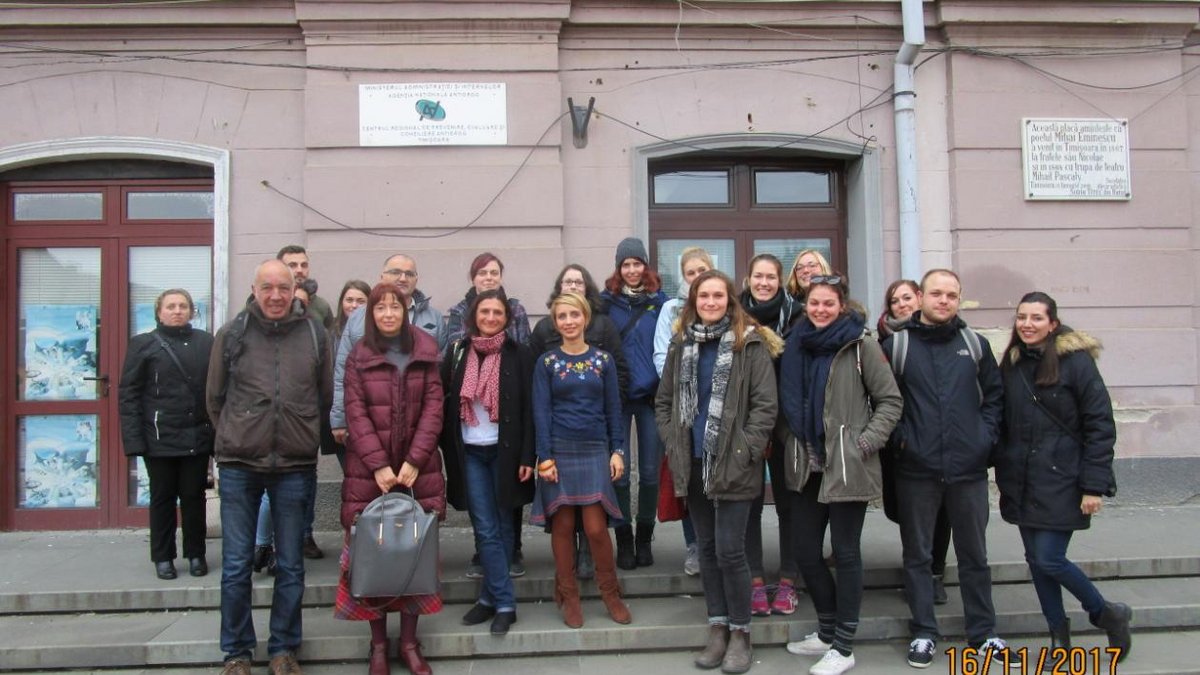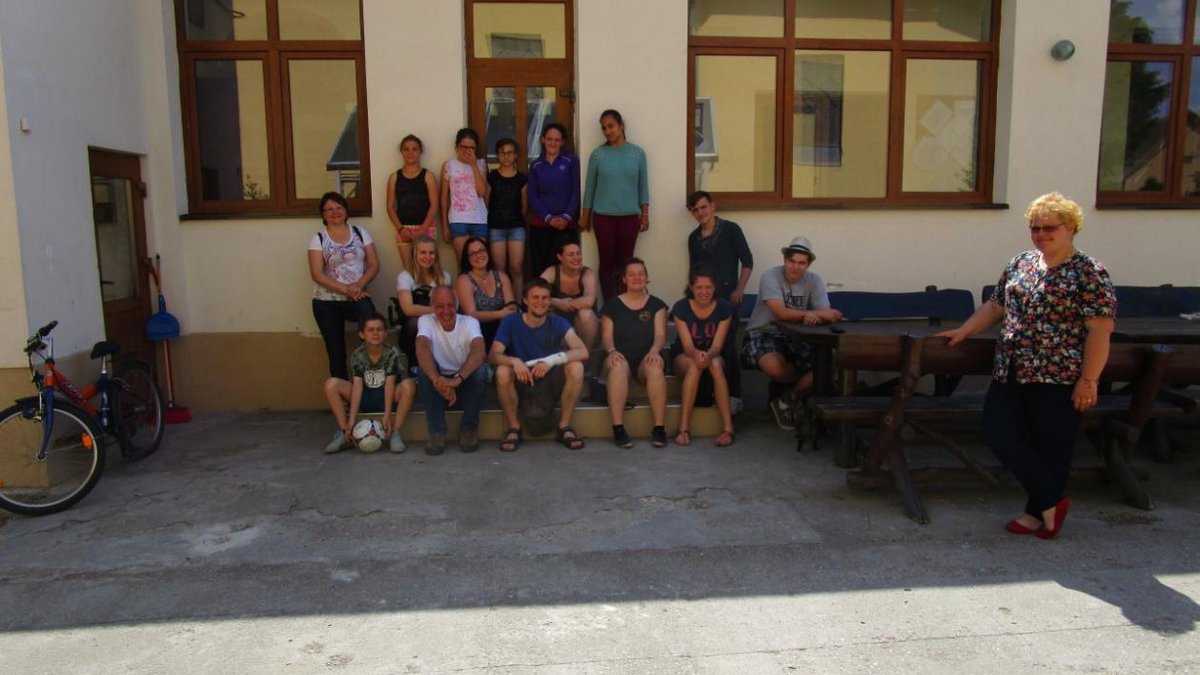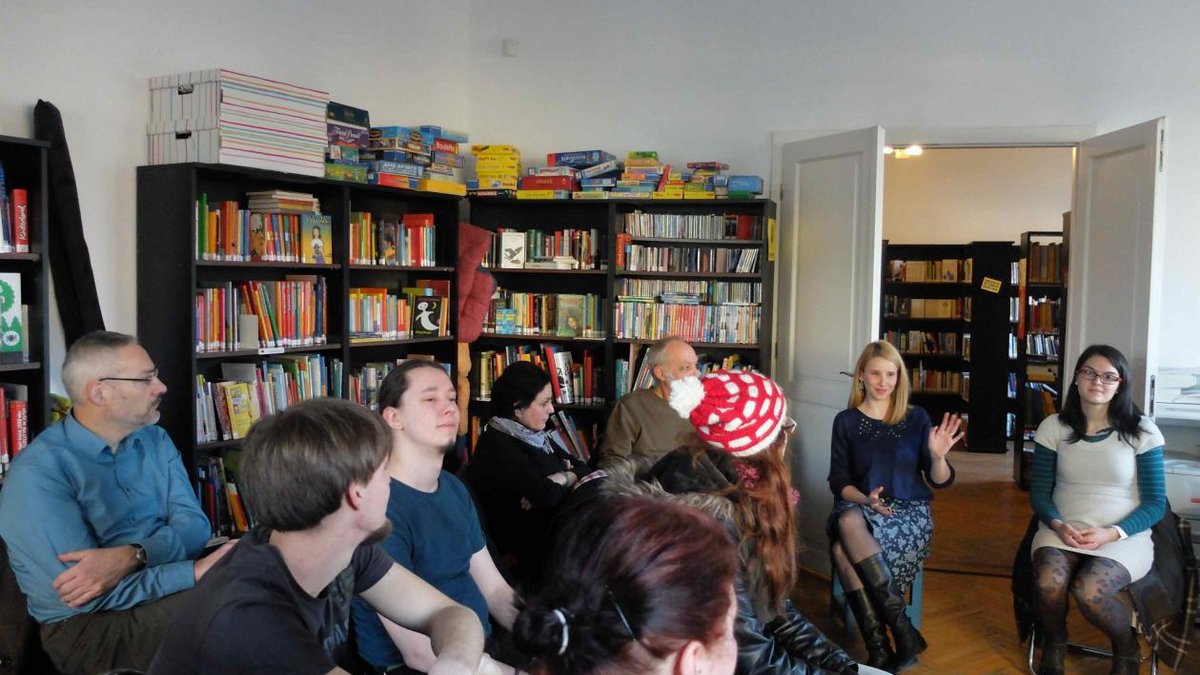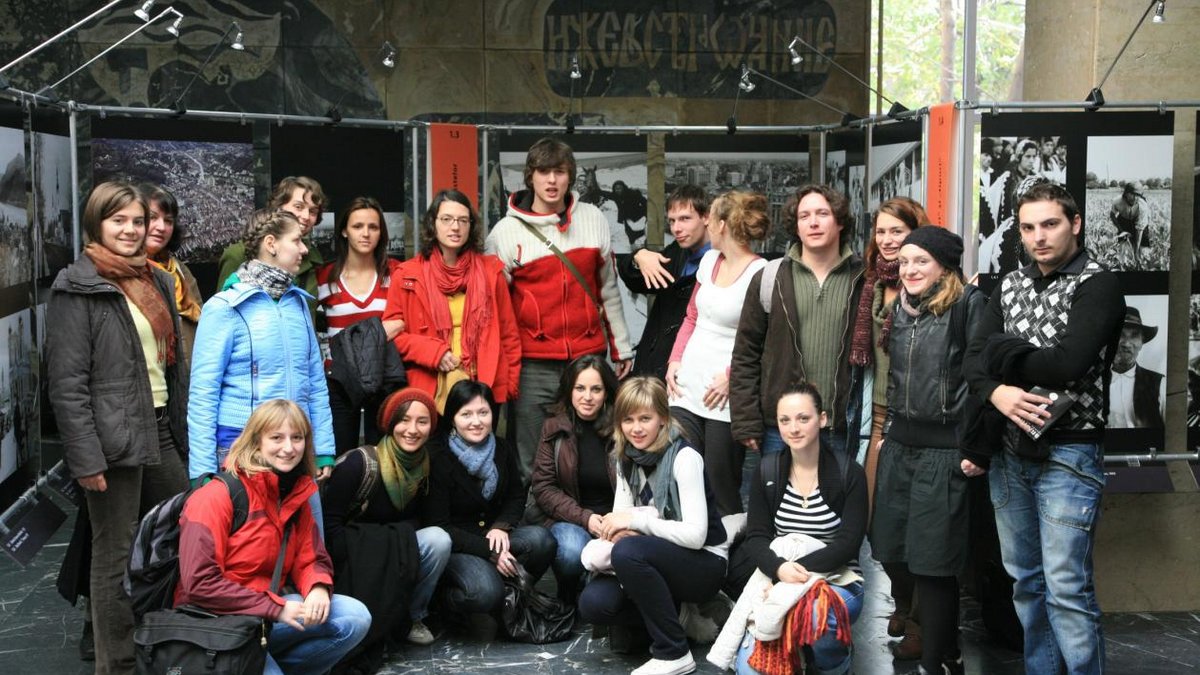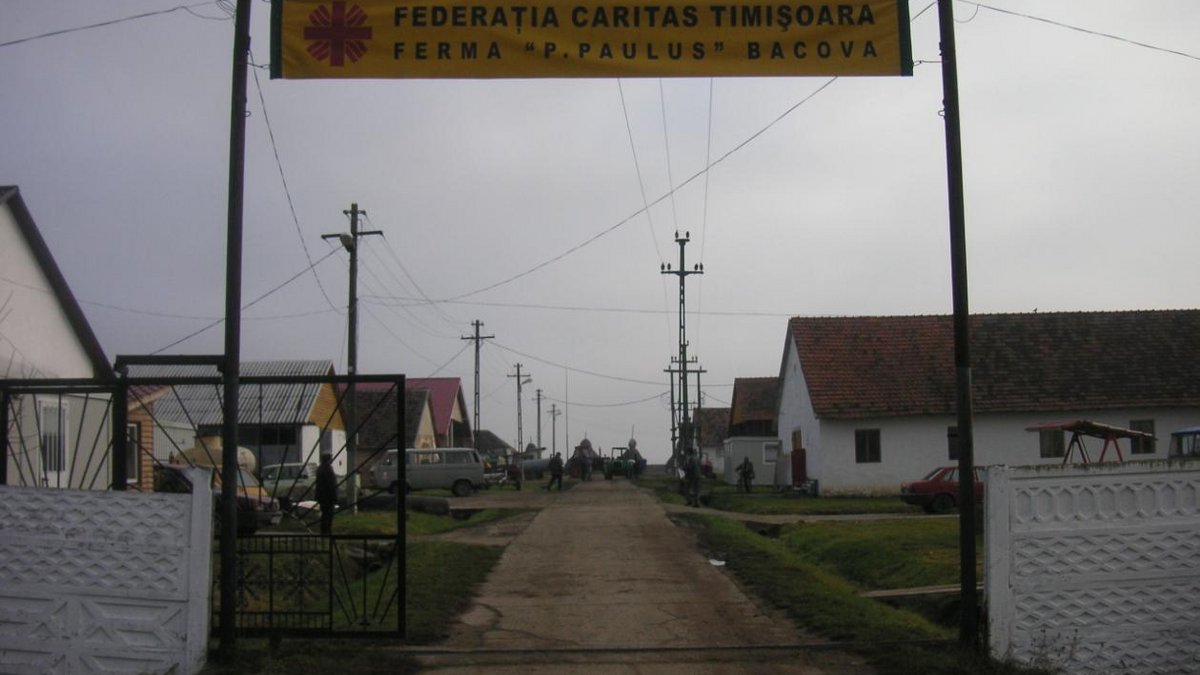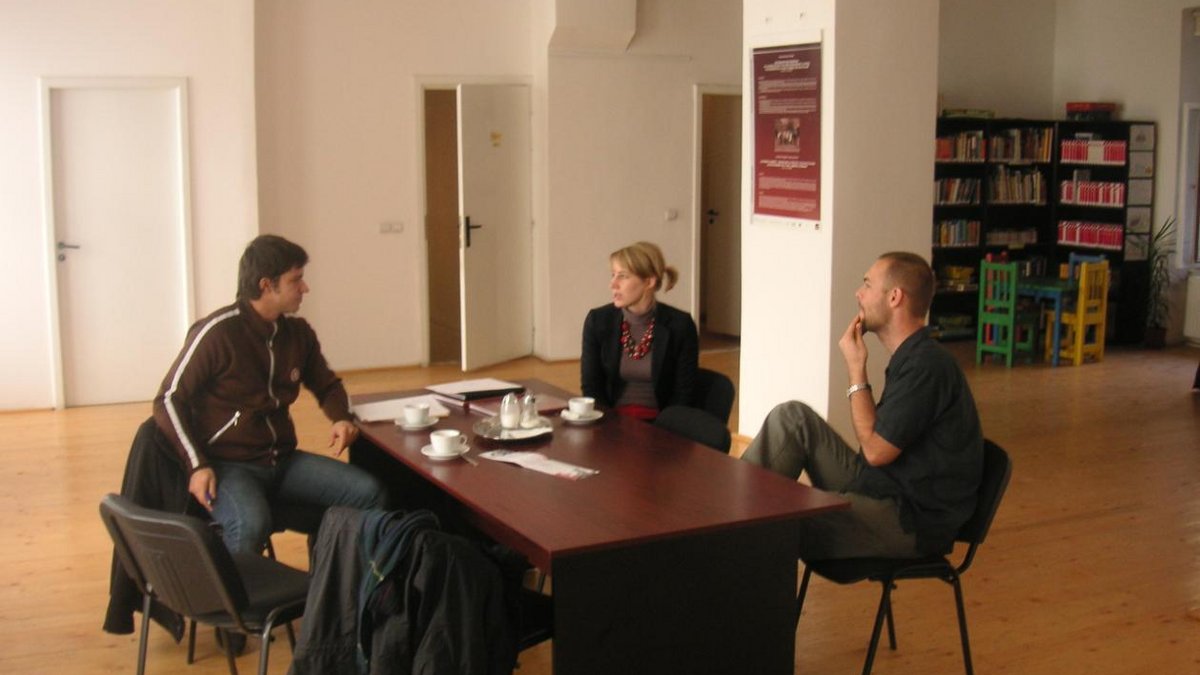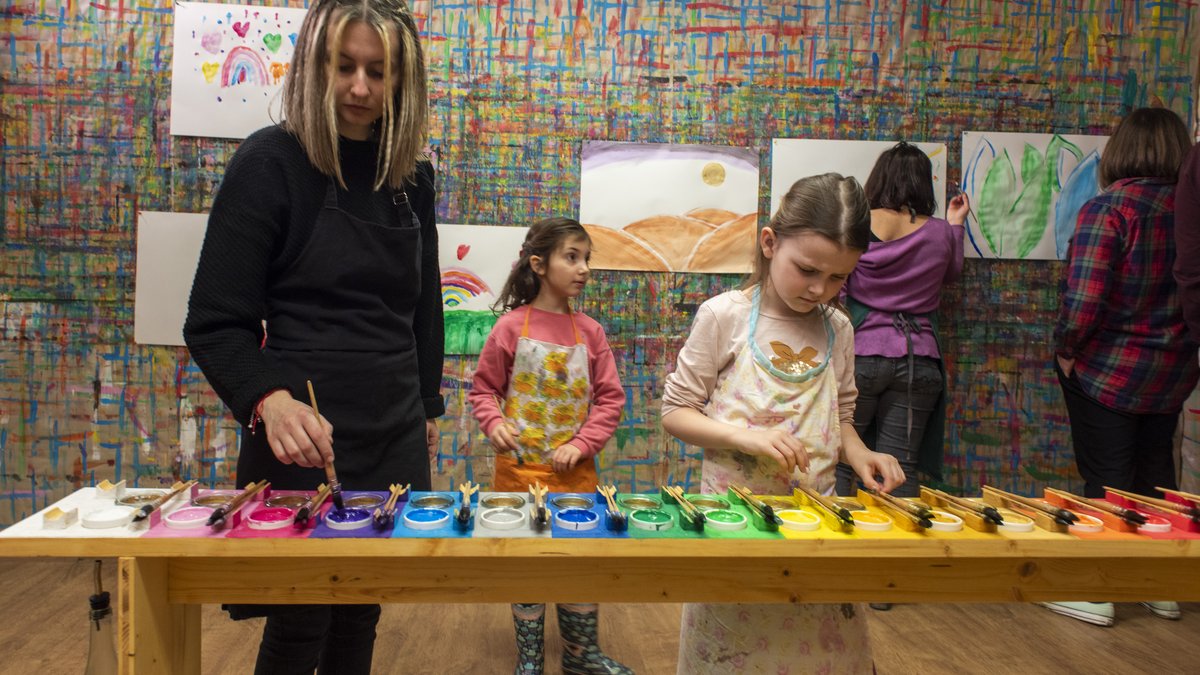A Brief History of the German-Romanian Social Work Program
The study program in cooperation with Romania was established in 2015 in close cooperation with the West University Timișoara. In 2015, the BTU had already been running the bi-national program for eleven years in cooperation with the Akademia im. Jakuba z Paradyża in Gorzów Wielkopolski in Poland, in which experience was gained. Since 2006, there has been a close cooperation with the Faculty of Sociology and Psychology of the Western University of Timisoara. This relationship has led to an intensive exchange of students and lecturers, focusing on areas of social work such as child protection or work with the elderly. More information about the cooperation between West University Timisoara and BTU Cottbus Senftenberg can be found below in the archived text.
Outside the universities, the Romanian society is confronted with a massive emigration of Romanians. A part of these people emigrate to Germany. The 185,924 immigrants from Romania in 2020 place the country in first place in the ranking of countries of origin of immigrants in Germany for the fourth consecutive year since 2017. By the end of 2020, there were approximately 799,000 Romanians living in Germany. This increasing number of Romanian immigrants has been affecting the daily work of social workers for years. Social counselling centers, especially in the areas of migrant social work and assistance for the homeless in certain cities such as Berlin, Dortmund, Hamburg and Munich, are being visited by more and more people from Eastern and Southeastern Europe, with professionals reporting difficulties in communicating with and supporting them. In this context, the need for social workers in the social counselling centers of some cities emerged, who should have certain competences in order to be able to meet the needs of new immigrants from Eastern and Southeastern Europe.
Thanks to the experience of the bi-national study program with Poland, the close cooperation relations at the university level with the West University of Timișoara, it was possible to develop a German-Romanian study program with the aim of being able to act on the needs of the migrants described above. Ten students from each of the two universities can begin their studies each year. In addition to the two universities, many cooperation partners from the practice of social work from Germany and Romania stand by the students, offer them internships and supervise them during the internship semester abroad.
It would be important to emphasize that with this study program we do not intend to specialize the students in international or transnational social work. Students in these binational programs attend the same courses as their fellow students, with the difference, that in some courses the focus lies on migration, mobility, inter- and transculturality.
In a society where diversity, mobility and transculturality have become the reality of everyday life, we social workers also need to develop a transnational mindset and train those competencies that enable us to meet the people seeking support with a great deal of empathy, solidarity and agency.
The own mobility experience, the self-confrontation with the feeling of foreignness, a study programme beyond the borders of the home country, organized by a professional accompaniment and reflection, can help our students to be able to "think locally and globally and act locally and globally" in their future working life, as Furman, Negi and Salvador said in 2010.
The fact that we are responding to a gap in the labor market with our offer is shown by the first graduates who are working in different areas of social work. They support Romanian EU citizens in Germany in their everyday professional life, and in doing so, the Romanian language skills and the connection to the country and the culture prove to be strengths.
(M.A. Doinița Grosu - Programme Coordinator)

